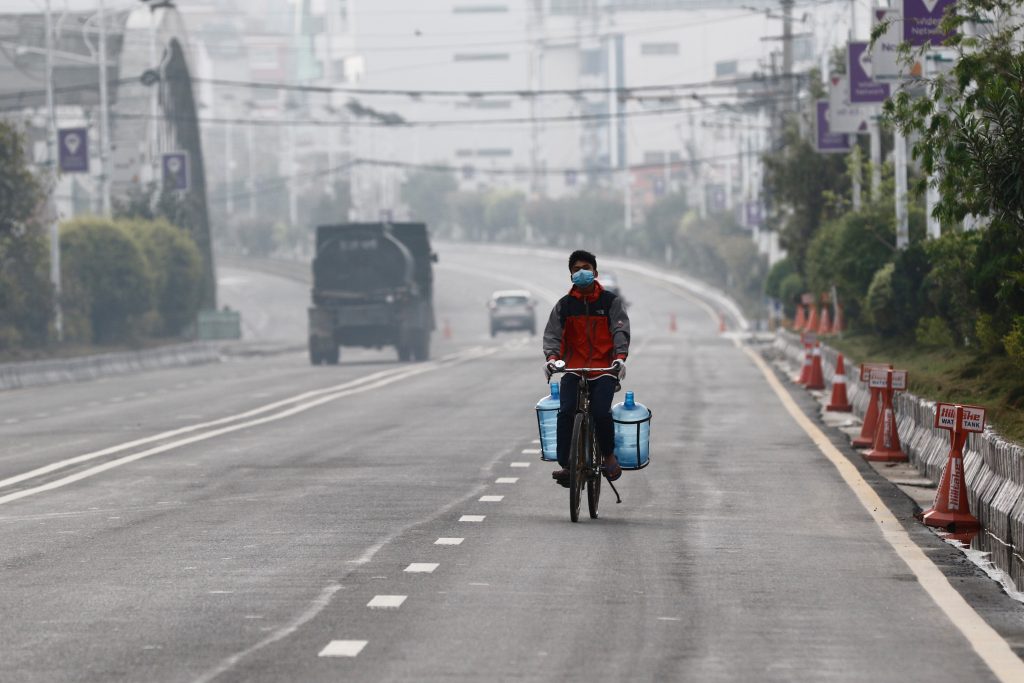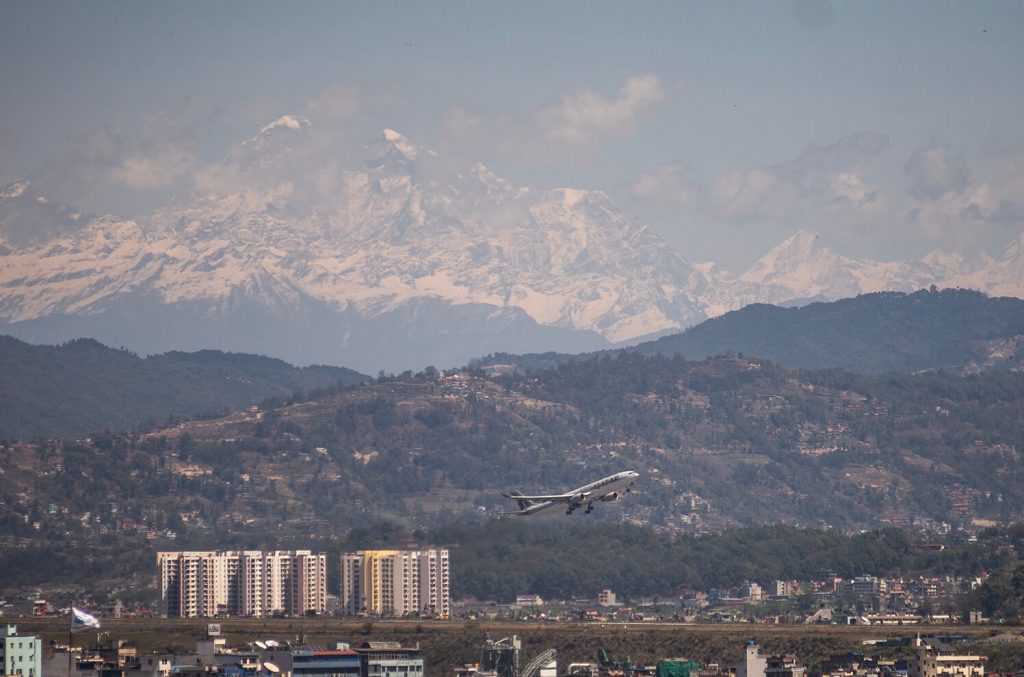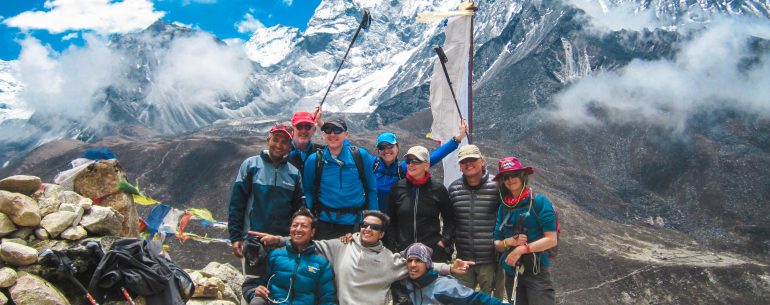
In lieu of what is happening around the world, Coldfeet Adventure has decided to address the coronavirus global pandemic instead of its regular topics for this blog. We believe it is important, as a service based company, to address this situation and to ensure our staff, our customers, and our community is well informed about the coronavirus and is protecting themselves from it.
By now you must have surely heard about the coronavirus or the COVID-19 which stands for coronavirus disease 2019. The coronavirus is a group of viruses that affects both animals and humans, causing respiratory tract infections in humans. It works by infiltrating our lungs, damaging our lung cells and lining, and causing pneumonia or bronchitis. COVID-19 was first detected in Wuhan, China in December 2019 and scientists suspect it originated from a virus affecting bats.
As of this blog’s writing, COVID-19 has spread to 199 countries across the world, the hardest hit being China, Italy, and the United States. This infectious disease has so far infected more than 723,000 people worldwide resulting in more than 34,000 fatalities. These numbers are dire, yes, but there is a way that this virus can be stopped at its tracks and you can be a part of the solution.
Before we move unto prevention, here are some symptoms of coronavirus. While many infected may not have a major cause for concern and have mild respiratory infection, slight fever, and cough, it is best to know what the symptoms are so you don’t risk spreading it to others, especially those who have compromised immunity and are frail.
The most common symptoms of the COVID-19 are:
- Fever
- Fatigue
- Dry cough
Other symptoms include:
- Shortness of breath
- Body aches and pains
- Sore throat
Very few cases have also reported nausea, runny nose, and diarrhea.

Now this is the most important part of stopping the virus from spreading any further and you can be a direct and efficient contributor to this effort. The virus spreads through droplets of saliva when an infected person coughs or sneezes. It can also spread through physical contact from an infected person or coming in touch with surfaces that have been infected by those who have the virus.
Thus the best way to prevent the virus is by doing the following:
- Frequently washing your hands so you risk the chances of you getting or transmitting the virus through physical contact.
- Avoid touching your face or other body parts without washing your hands first.
- Keeping a distance of 6 feet from people around you so the virus does not travel through saliva droplets and affect you.
- Self quarantine if you have any of the symptoms (common or not) described above.
- Wear masks and gloves if you need to go outside to avoid physical contact with surfaces and other people.
- Covering your nose when you need to sneeze or cough using your elbows.
- Call medical officials and seek medical help if your symptoms worsen.
- Washing and disinfecting any surfaces that may have come in touch with someone infected by the virus or simply keeping your homes and offices clean and disinfected.
The best way of course would be to go into self quarantine or at the very least, social distance yourself so the virus does not find a new host to infect and will eventually die out. This solution has been proven quite effective in South Korea where those suspected of coming in contact with the virus were ordered to self-quarantine.

Nepal is at a vulnerable position as it does not have the means to treat vast numbers of its infected public. However, the Nepal government has issued a complete lockdown which started on the 23rd of March in order to maintain social distancing so the virus does not spread further. So far, there have been five COVID-19 cases in Nepal, all five of the infected people were returning from abroad. While we hope that the virus has not spread any further, we cannot say for sure as those who returned did not detect the virus until later. However, those who have come in contact with the infected can certainly save themselves and others if they simply seek medical help (in case of severe illness) or go into self-quarantine even if they are not showing symptoms (asymptomatic).
We all know the age old saying, prevention is the best cure so below are some steps you can take to ensure the virus does not spread within Nepal:
- Follow the lockdown rules and do not go outside unless you have to buy medicine or food.
- Even if you do go outside, make sure you are wearing a mask and/or gloves, and thoroughly wash your hands after coming inside.
- Limit contact with your neighbours and friends as the virus is more contagious than the seasonal flu.
- Frequently disinfect any surfaces within your homes and rooms so any lingering viruses may be eradicated.
We should be grateful the virus has not spread throughout the country and is limited to a few isolated cases however we will need to be vigilant and strict on how we self isolate and quarantine. The next few weeks are going to be crucial for us to limit the spread of the virus and we hope you do your part for society.

Of course, as a travel and tourism company, we cannot negate the effect it has had on the tourism industry and in Visit Nepal 2020. However, we would rather have a healthy community that is safe and secure, rather than one which is careless and risks the lives of not only themselves, but of others around them. To all our well-wishers and clients, we know you are travel aficionados (as we are) and adventure seekers but we hope you take this time off to reflect on yourselves, and family, and keep traveling for later until we all emerge safe and sound from this pandemic. We know it is a difficult time and I’m sure a lot of you have had to let go of much needed travel and funds but we hope you keep ourselves safe and we promise we will see each other very soon. Stay safe out there!

Further reading and references:
https://www.nytimes.com/2020/03/23/world/asia/coronavirus-south-korea-flatten-curve.html
https://www.who.int/news-room/q-a-detail/q-a-coronaviruses
https://www.who.int/emergencies/diseases/novel-coronavirus-2019/advice-for-public
https://en.wikipedia.org/wiki/Coronavirus
https://www.bbc.com/news/world-51235105


Leave a Reply